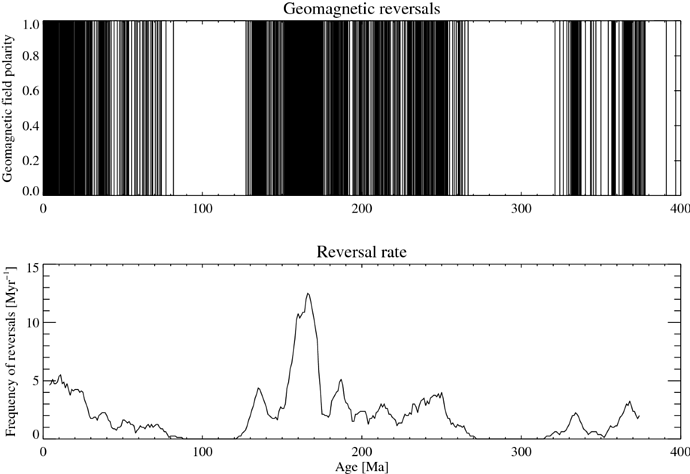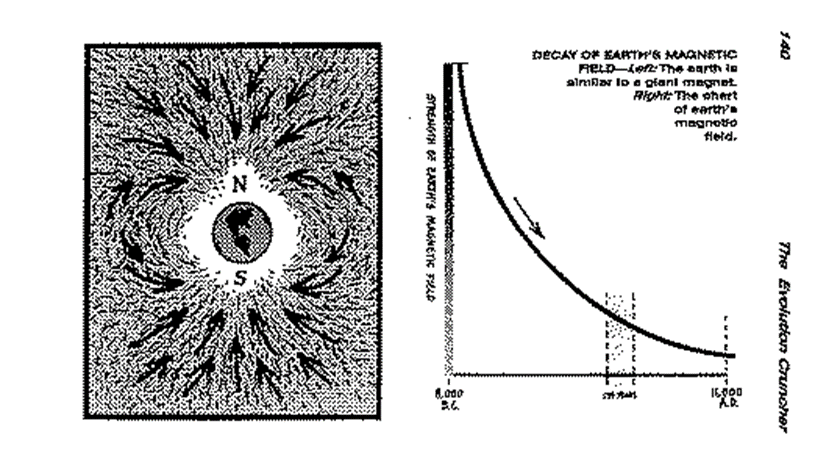God made garments out of skins for Adam and Eve, its significant that the sacrificial killing of animals was a direct reminder to Adam and Eve that because of their sin the animal kingdom and all of creation would suffer under sin
It can also be viewed as God still caring for Adam and Eve. It shows his grace. But I do accept the theology of Genesis 1-11. So it makes sense that it was God’s intention for humans and animals to live in peace, yet we don’t live up to that role.
4th commandment “in six days God created the heavens and the earth”
I don’t agree with everything John Walton writes, but I think his take on Sabbath has a lot of merit. He writes: “The rest … is more importantly an expression of engagement as the deity takes his place at the helm to maintain an ordered, secure, and stable cosmos. … People are commanded to participate in the rest of God on the Sabbath, not to imitate his rest but in recognition of his work of bringing and maintaining order. His control is represented in his rest and is recognized by people yielding for the day their own attempts to provide for themselves.” (The Lost World of the Torah, 250,252)
See also Psalm 132:13-18, especially verse 14, where Yahweh calls Zion his resting place. From there he blesses the land, as seen in the following verses.
This also explains why Deuteronomy gives the Exodus as the rationale for the Sabbath. By delivering the Israelites from Egypt, he gave them rest.
genealogies in the gospels

How Should We Interpret Biblical Genealogies? - BioLogos
The apostle Peter writes he received direct revelation from the writings of prophets, divine revelation (which we know includes visions
Which verse?
- Peter describes the flood and destruction of Sodom and Gomorah as real events and these events are clearly presented by the apostle as literal evidence that the power of God can save the righteous from sin

Genesis and the Flood: Understanding the Biblical Story - BioLogos
We need to remember that the Bible, while written for us, was not written to us. Understanding the biblical story in this light, makes more sense.
Roman 6:23 - the wages of sin is death, but the gift of God is eternal life through Christ - Christ died physically on the cross to pay the wages of sin…so sin and death are very much also physical in consequence and that redemption ultimately is physical (spiritual death and physical death go together…they are inseparable)


